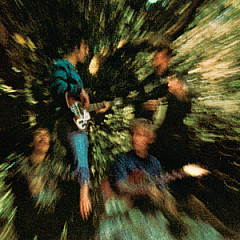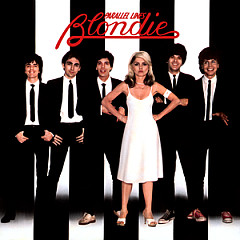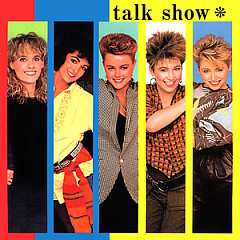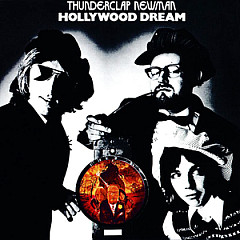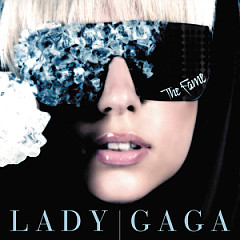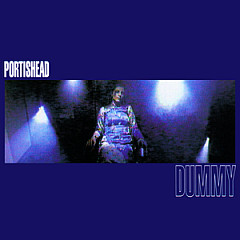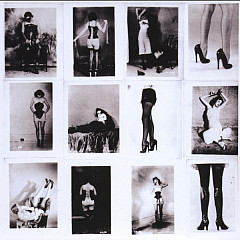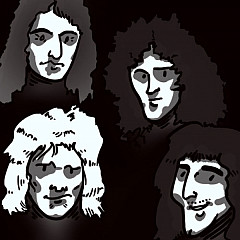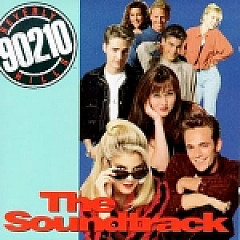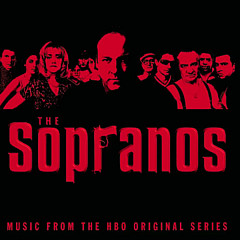Multi-instrumentalist/producer Rostam Batmangli discussed this contemplative break-up ballad in the band's track-by-track production notes: "This is the first Vampire Weekend song with acoustic guitar. At one point I wanted to rent a Kora to play the parts I was hearing in my head for the end. Even though this song is dark it ends in a place that's celebratory and cathartic. I used an 8-bit keyboard from the '80s to sample my own voice to create a bed of vocals. It ended up like a dirty, shaky Kate Bush, '
This Woman's Work.' The harmonies on this song are not like anything you'd find on our first record. I wanted the bridge to sound Americana."
When Vampire Weekend decided to name their sophomore album Contra, they knew that many would jump to conclusions. The older generation would assume it's a reference to the 1980s-era right- wing counter-revolutionaries of that name in Nicaragua, whilst the band's contemporaries would think of the series of run and gun video games. Frontman Ezra Koenig told MTV news: "To me, there's not an explicit connection... I think what attracted us to the word 'contra' was the root of it, thinking about the word and all the different implications of it. I did have a moment where I stopped and thought, 'Wow, everybody my age, when you say "Contra," thinks of the video game, and everybody my parents' age thinks of the counter-revolutionaries in Nicaragua. It couldn't be two more different things. One incredibly serious and kind of f---ed up, you know? [Then-President Ronald] Reagan pouring money into that stuff, and the other one being a video game... and it's so weird. And that game came out in the '80s, too. Why did they name it 'Contra'? That maybe be neither hear nor there, but it's a weird thing." Koenig went on to explain that the album title is a concept that runs through most of the tracks, which reflects on how Vampire Weekend have been portrayed in the media since their rise to fame. "I do think it's related to our identity as a band. When you're in a situation where you all of a sudden get people writing about you and saying things about you, of course you're going to have a lot of people who try to identify you by a series of bulls--t signifiers," Koenig said. "They'll try to say because you wear this kind of shirt you come from this kind of family, or because you have a song with this word in it you must be of this political persuasion.
So we did a lot of thinking about the idea of opposition, and how people try to place you in categories, and how we all do it - it's not just in terms of critics versus bands, or politicians, we do it in our personal life. It's very easy to get into that mindset, and I think a lot of things in our lives are trying to make us choose between these really basic things, when ultimately it's not a good way to look at the world."
Bassist Chris Baio told Drowned In Sound: "A lot of this song is played on Rostam's VSS keyboard - you get noises by singing into it and having it map your voice across the keys."
There has been considerable speculation regarding the source of the girl on the album cover. Koenig explained to MTV News what prompted the band to choose the image of a vacant-eyed blond girl in a Polo shirt: "We know where the image came from, but we're not being very specific about her. We don't know her or anything," Koenig said. "The picture is from 1983, but the last album cover was from 2006, and they kind of look like they both inhabit the same world. When we saw this image, we just found it very striking. And part of it is the look on her face. It's not about the color of her hair, or the fact that she's wearing a Polo shirt. What makes it interesting is her face. To me, there's just something infinitely fascinating about a nice portrait of somebody, especially when she's got this ambiguous look, and people can read a lot into it," he continued. "So we were immediately struck by it, and we all had our own interpretations of what her look was, but we just kind of felt like it fit the album and the theme of it. It made sense to me that the first album had an inanimate object on it, and this one has a person's face on it."
Koenig explained the song to the NME February 16, 2010: "It's a conversation between two people and the way they're using the word 'contra' is to say, 'You're the opposite of me.' You can apply it to politics, culture, religion or personal relationships. We're fighting against the dumbing down of choice."
-
This is the first song that Koenig sang entirely in falsetto.
Contra debuted at #1 on the Billboard 200, making it the first ever US chart-topping album in independent record label XL's 20-year history. It was also the first album released by a UK-based independent label to reach the summit of the US charts since a then still independent Virgin Records released Paula Abdul's chart-topping Spellbound LP in 1991.
Photographer Tod Brody, who took the shot of "Kirsten," the polo-shirted girl on the album cover, told Q magazine April 2010 about the picture: "I was doing lots of fashion and beauty related assignments at the time, which I found boring. So as a side-project, I shot Polaroids of the models as they'd arrive, to surprise them." Brody added that Kirsten was about to be shot for an ad campaign for a Revlon body cream to be marketed exclusively in South America.
In 2008, Brody posted his shots on Flickr, where Batmangli saw them. Vampire Weekend contacted Brody about using Kirsten's picture. "I thought they were some garage band who'd pay $5," admitted Brody. "But my son knew otherwise."
"Kirsten" turns out to be Ann Kirsten Kennis, and the photo was taken in 1983. Kennis was a model who appeared in various print ads in the '80s, including one for Vaseline bath products and another for L'Oréal hair-coloring. In 2010, she sued the band for $2 million, claiming the release form the band accepted contained a forged signature. The model subsequently reached a settlement with the band and their label.

